Japan offers various options for short-term accommodation, each governed by different regulations. For property owners and travelers, it’s crucial to understand the differences between the Private Lodging Business Act(Minpaku Law), Inns and Hotels Act(Simple Lodging), and National Strategic Special Zones Act(portion related to Special Zone Private Lodging)
Private Lodging Business Act(Minpaku Law)
The Minpaku Law, also known as the Private Lodging Business Law, was enacted in 2018 to regulate the growing trend of private home rentals. Here are the key points:
- Maximum Stay: Property owners can rent out their homes for up to 180 days per year.
- Registration: Homeowners must register with the local government, ensuring compliance with regulations.
- Safety Requirements: Properties must meet safety standards, including fire alarms and emergency exits.
- Management: The owner or a management company must handle guest interactions and complaints.
- Community Approval: Property owners must get approval from neighbors, ensuring community harmony.
Inns and Hotels Act
The Hotel Business Act governs traditional lodging businesses such as hotels, ryokan (Japanese inns), and hostels. Key points include:
- Licensing: Businesses must obtain a license, which involves meeting strict hygiene and safety standards.
- Types of Businesses: The Act categorizes businesses into ryokan, hotels, and simple lodgings, each with specific requirements.
- Management: Licensed managers must oversee daily operations, ensuring compliance with all regulations.
- Facility Requirements: Facilities must have proper ventilation, lighting, sanitation, and fire safety measures.
- Taxation: Hotel businesses are subject to various taxes, including accommodation and business taxes.
National Strategic Special Zones Act(portion related to Special Zone Private Lodging)
Special Zone Private Lodging allows for more flexibility in designated areas, often aimed at boosting tourism. Key points include:
- Designated Areas: Local governments designate special zones where these accommodations are allowed.
- Regulations: Similar to the Minpaku Law but tailored to local needs, often with more relaxed rules.
- Approval Process: Easier for property owners to gain approval, making it an attractive option for accommodating foreign tourists.
- Community Integration: Emphasis on integrating tourists into local communities, enhancing cultural exchange.
- Tourism Promotion: Special zones are often in tourist-heavy areas to encourage more visitors.
[ More information : The best airbnb strategy? To understand National strategic special zones act ]
Practical Considerations for Property Owners
- Legal Compliance: Understanding and complying with local regulations is crucial to avoid fines and legal issues.
- Property Management: Deciding whether to manage the property personally or hire a management company.
- Marketing Strategies: Effective marketing to attract guests, highlighting unique features and compliance with local laws.
- Guest Experience: Ensuring a positive experience for guests, from check-in to check-out, to garner good reviews and repeat business.
- Insurance: Obtaining proper insurance to cover potential damages or liabilities associated with short-term rentals.
- Maintenance: Regular maintenance to keep the property in good condition, ensuring guest satisfaction and compliance with safety regulations.
Benefits for Travelers
- Diverse Accommodation Options: Travelers can choose from various types of accommodations based on their preferences and needs.
- Cultural Experience: Staying in a traditional ryokan or a local’s home offers a deeper cultural immersion.
- Legal Assurance: Ensuring the accommodation is legal and safe, providing peace of mind during the stay.
- Cost-Effective: Options like Minpaku can be more affordable than traditional hotels, especially for longer stays.
- Unique Stays: Experience unique lodging options, from traditional Japanese homes to modern apartments in special zones.
Conclusion
Understanding the Minpaku Law, Hotel Business Act, and Special Zone Private Lodging helps property owners comply with laws and travelers choose the best accommodation option. Whether you’re a property owner looking to rent out your space or a traveler seeking unique accommodations, knowing these regulations can make a significant difference.

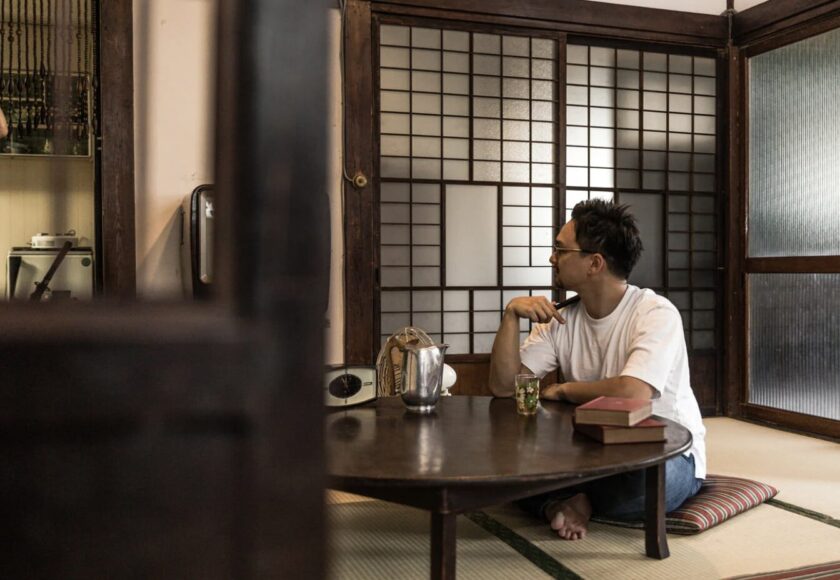
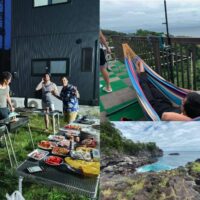

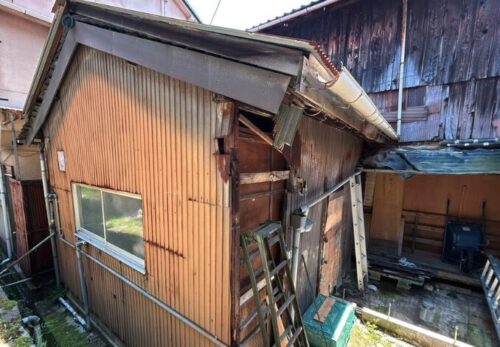
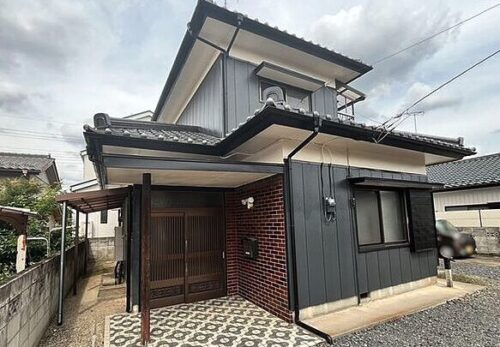
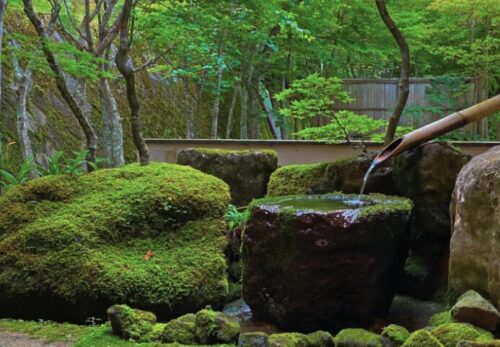
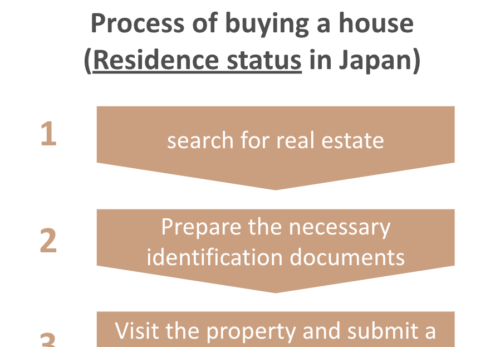
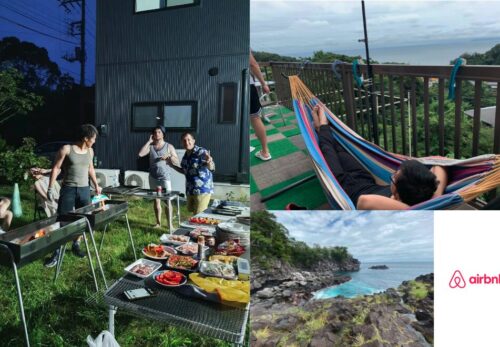

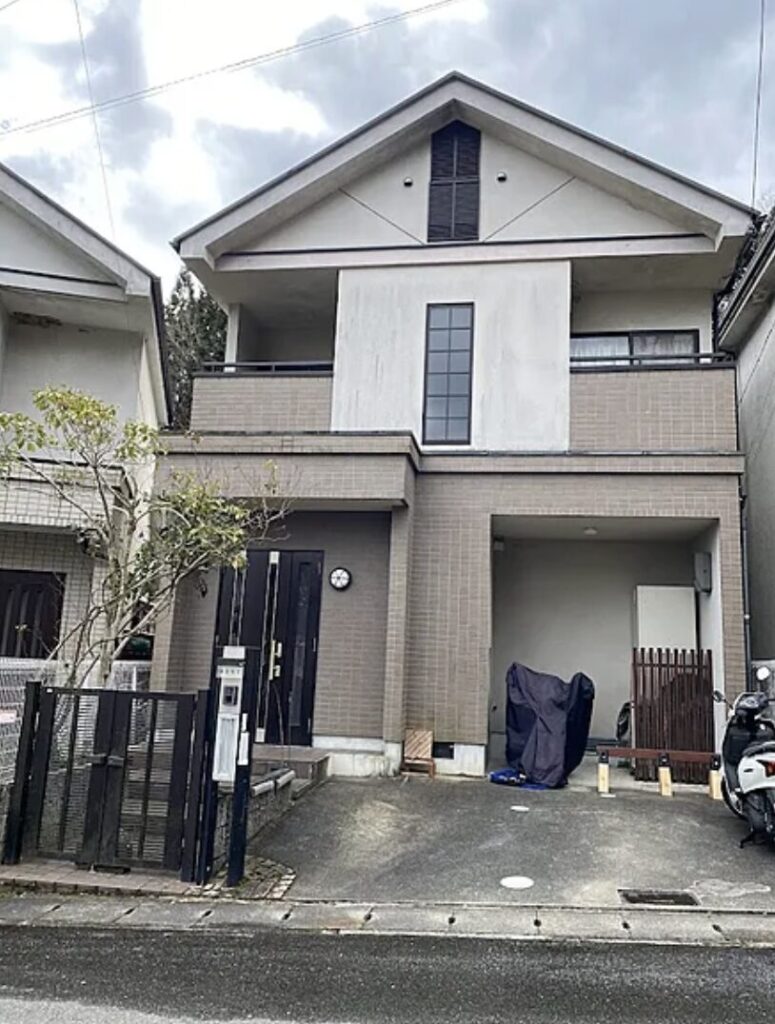
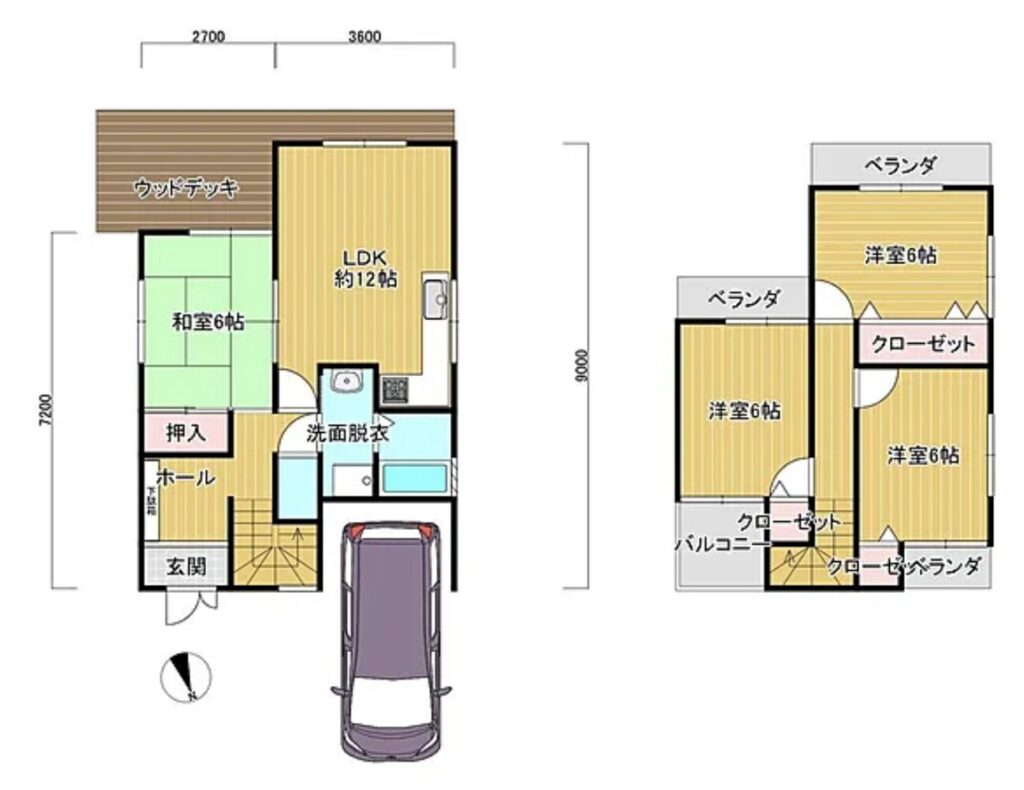
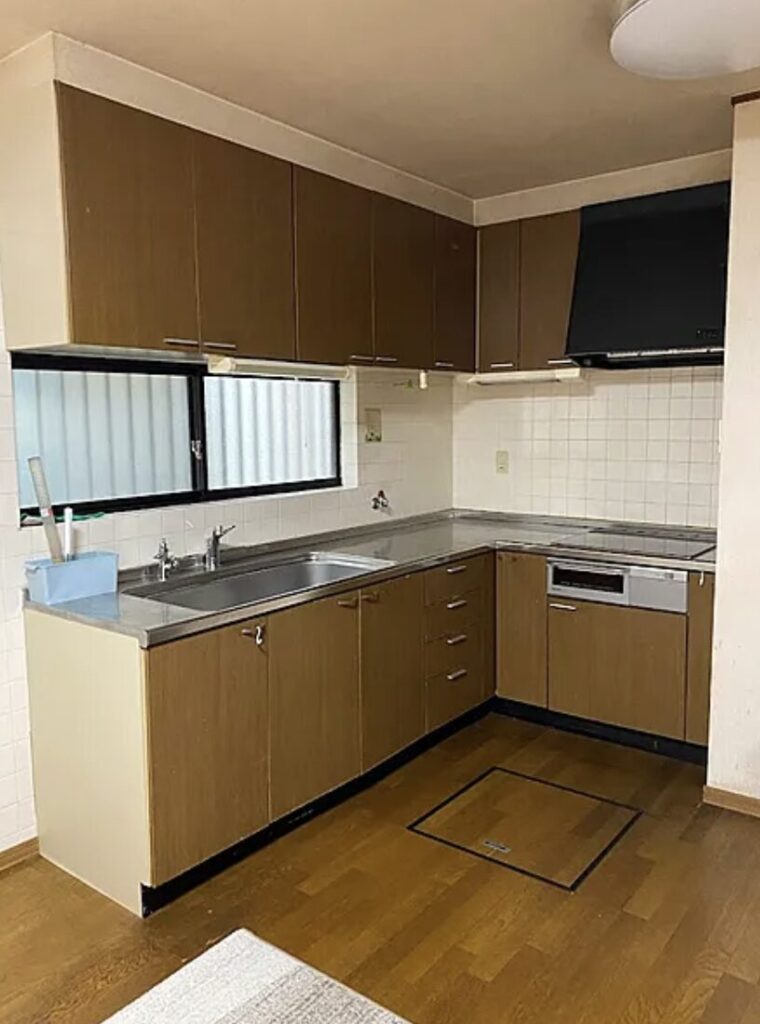
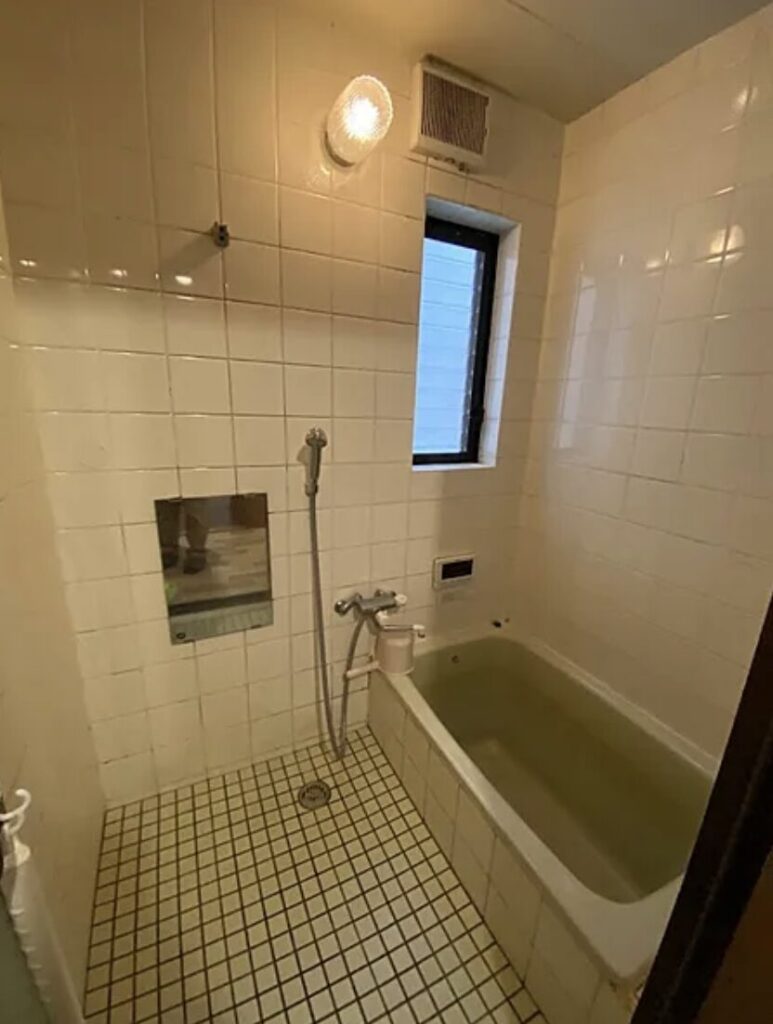
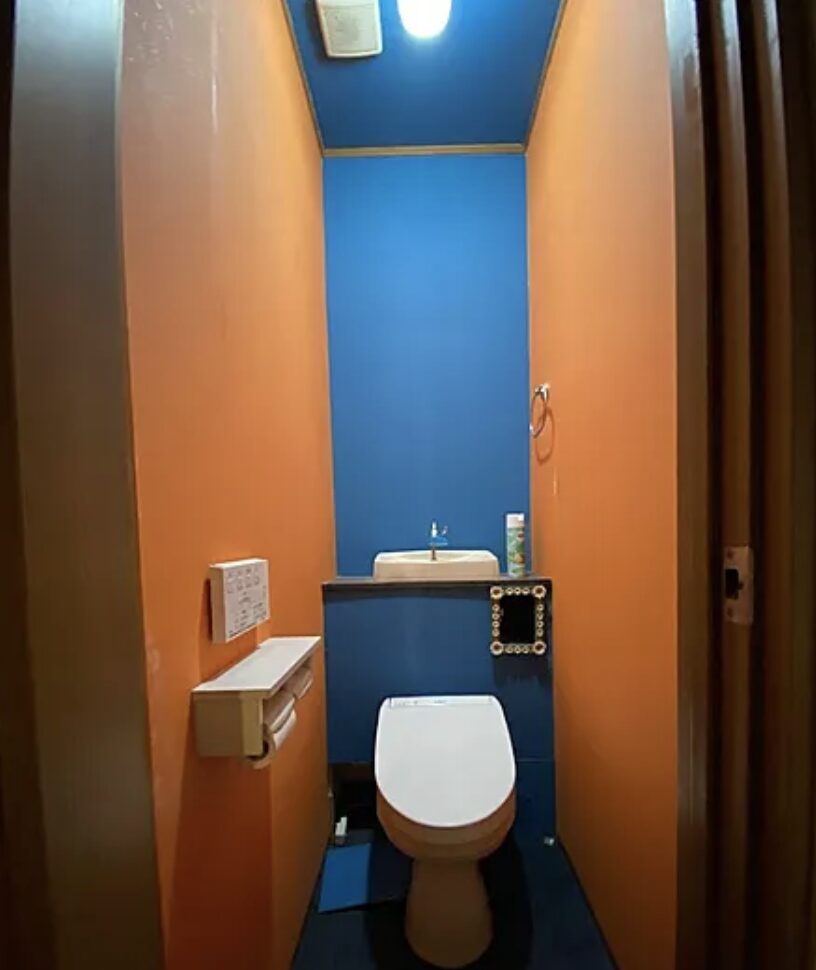
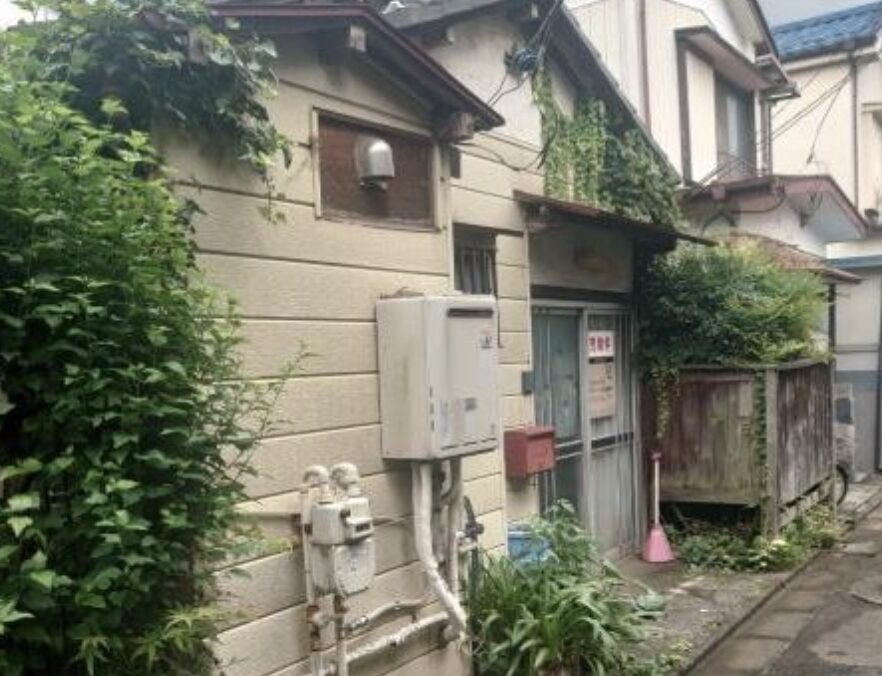
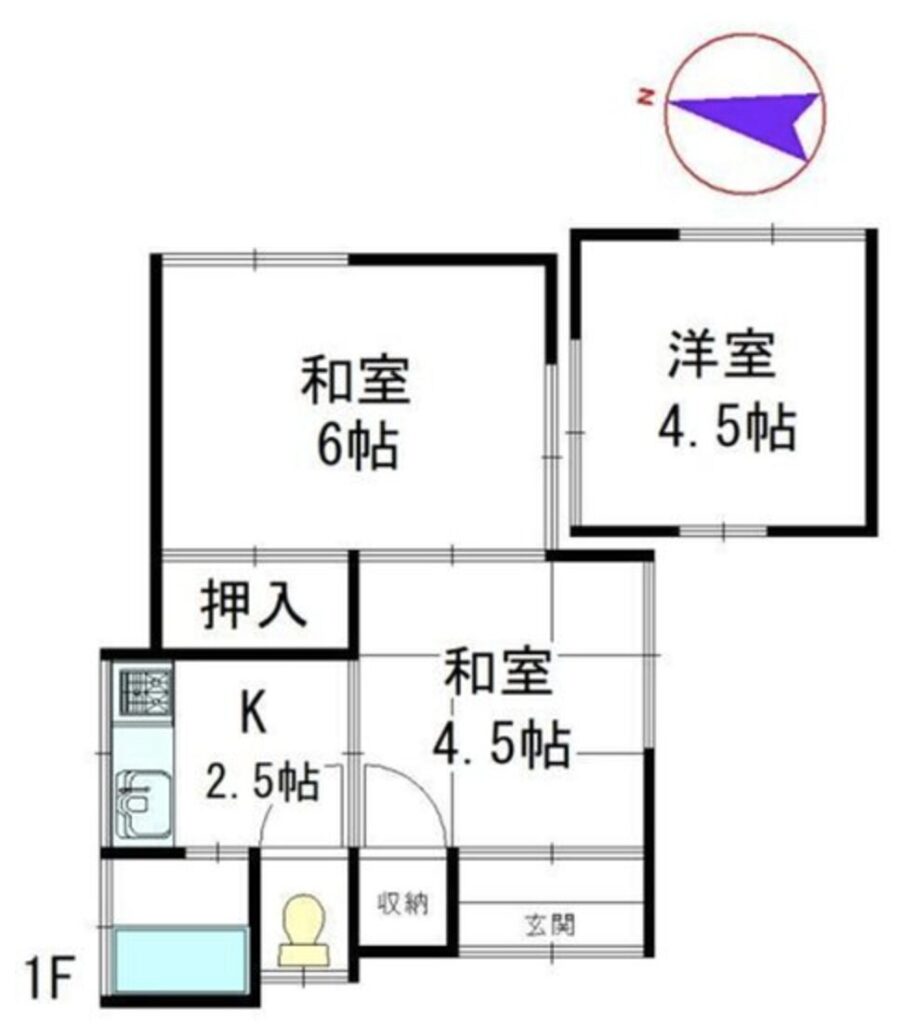
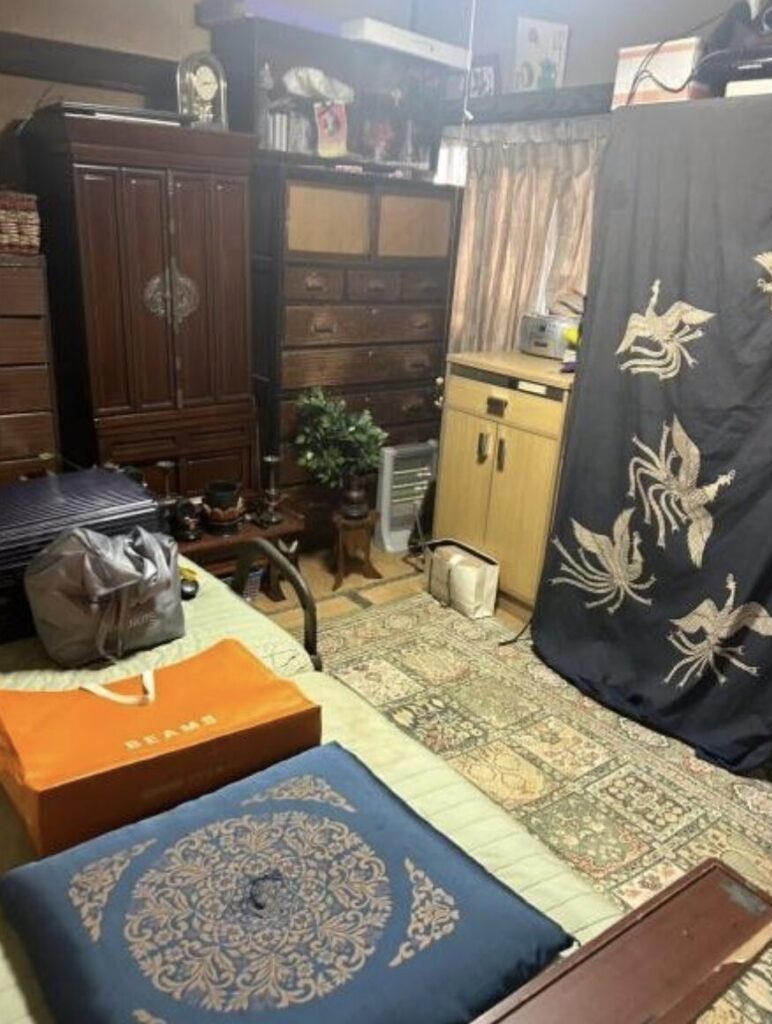
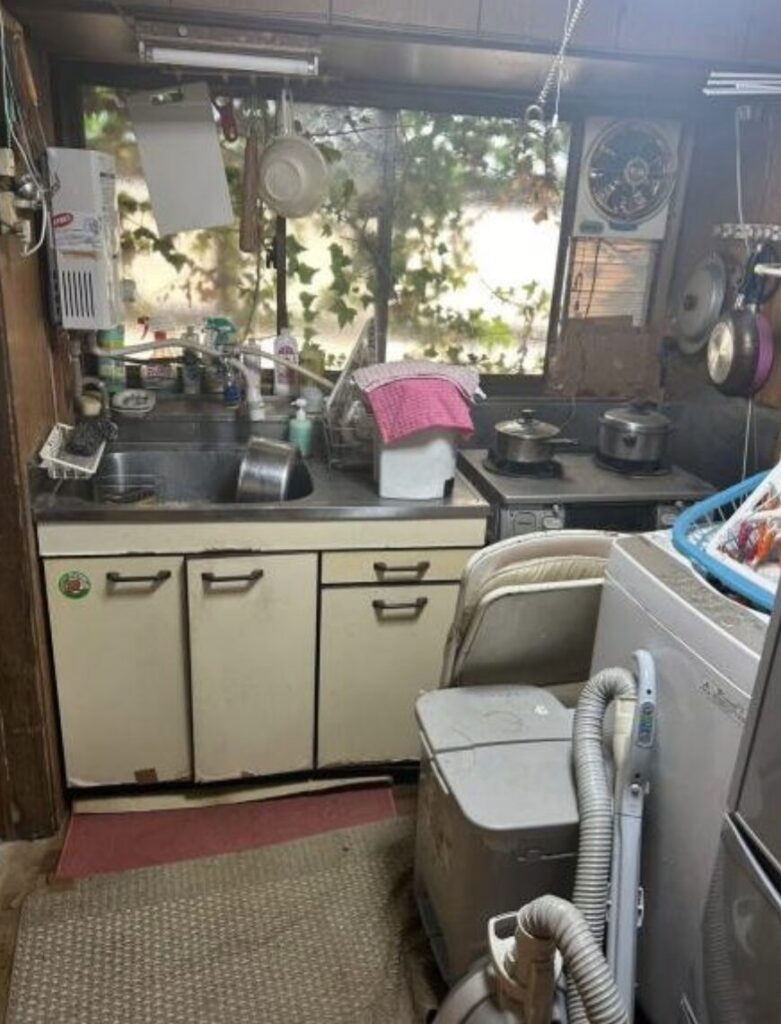
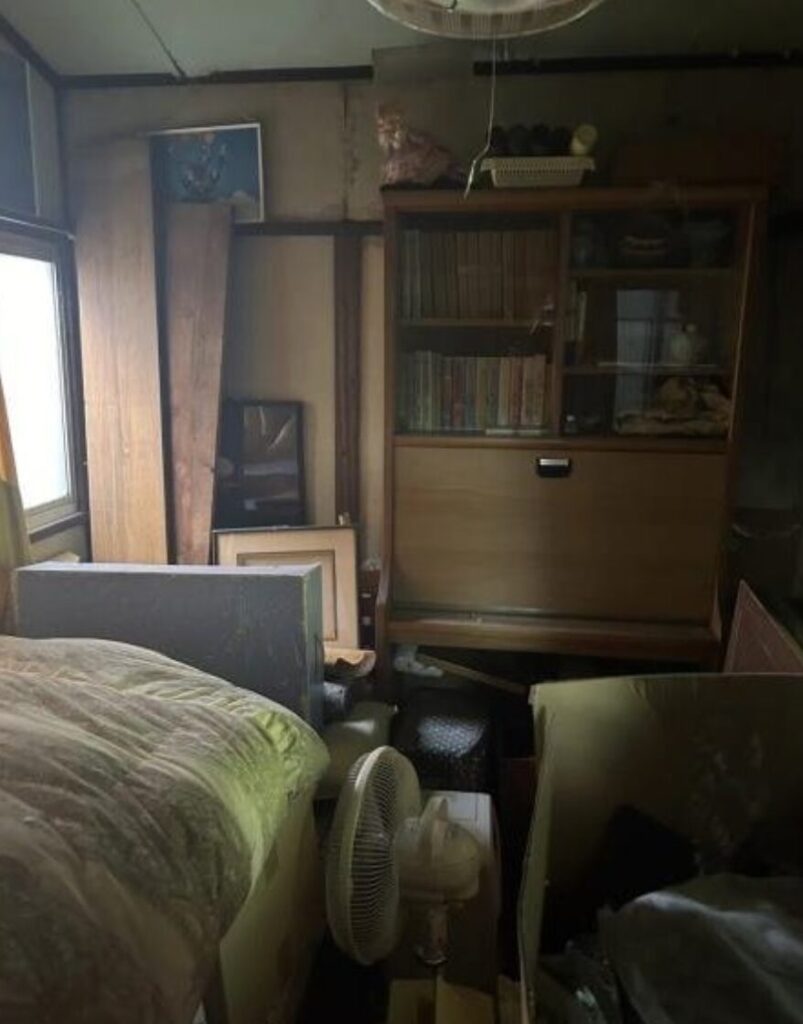
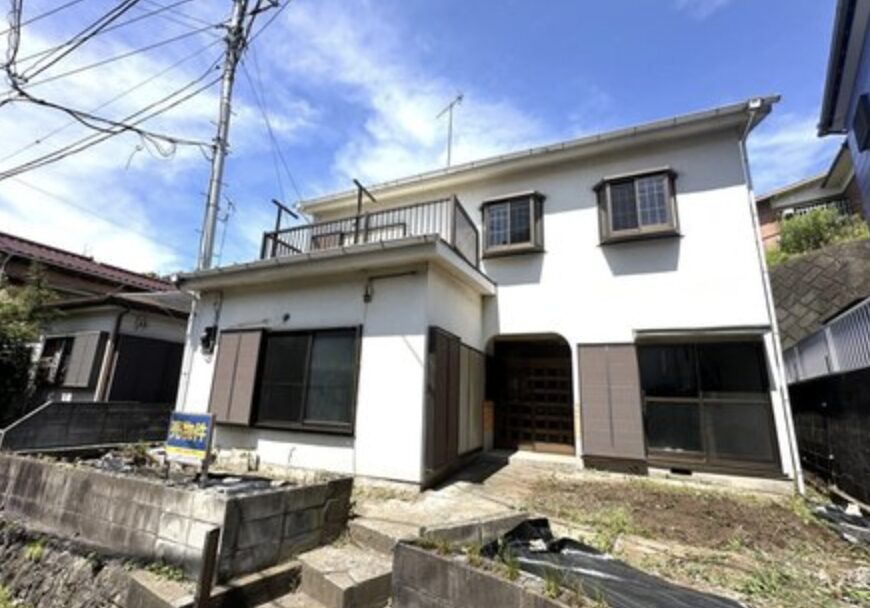
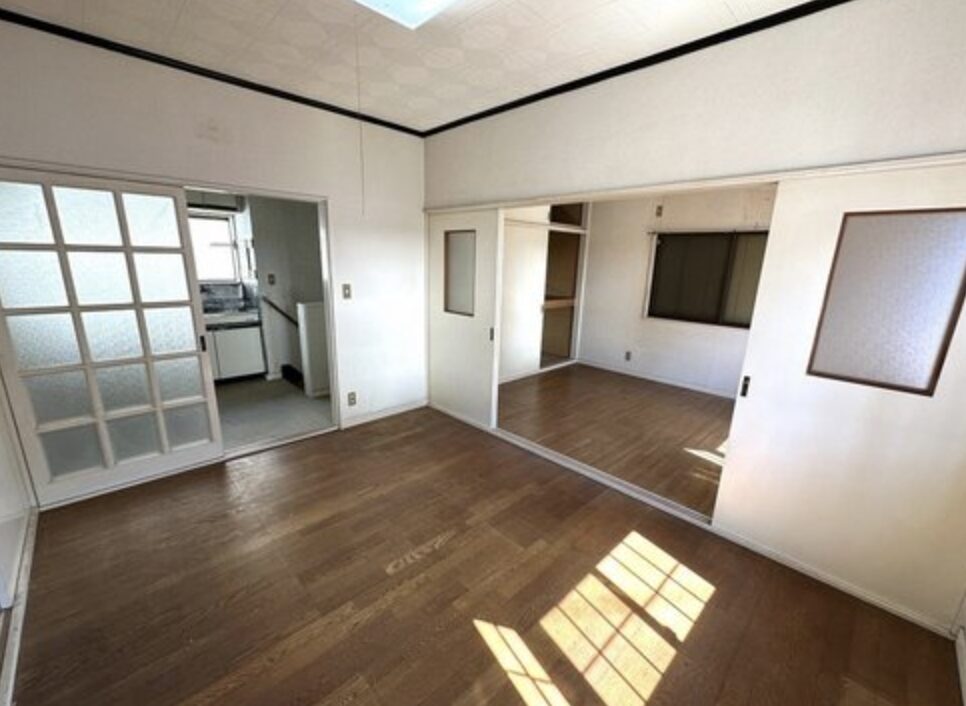
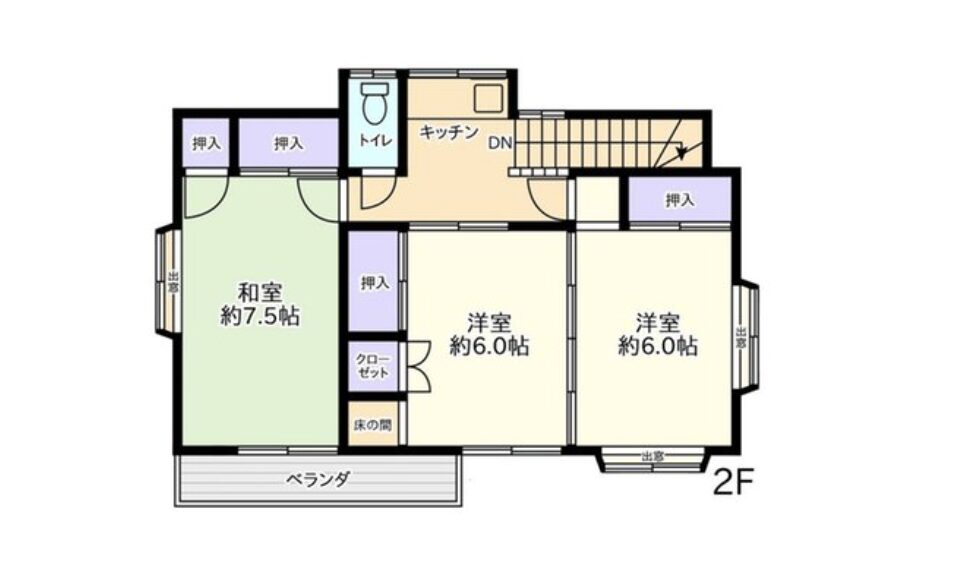
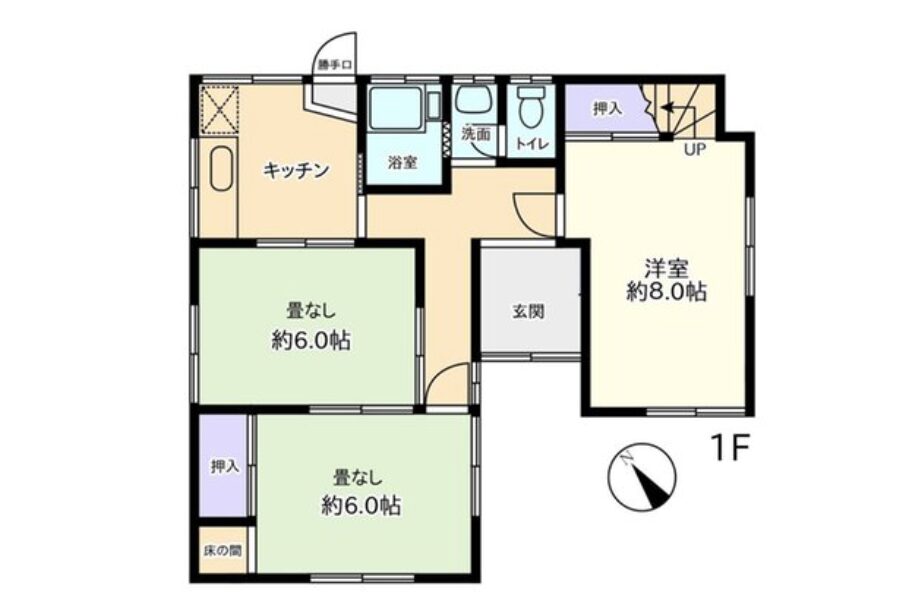
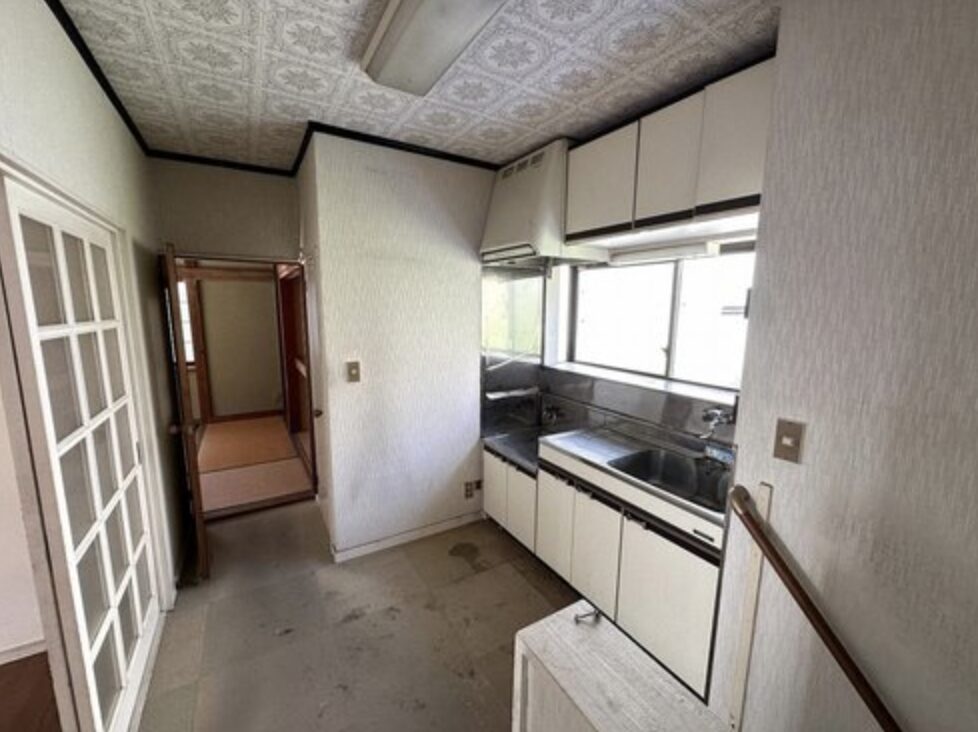
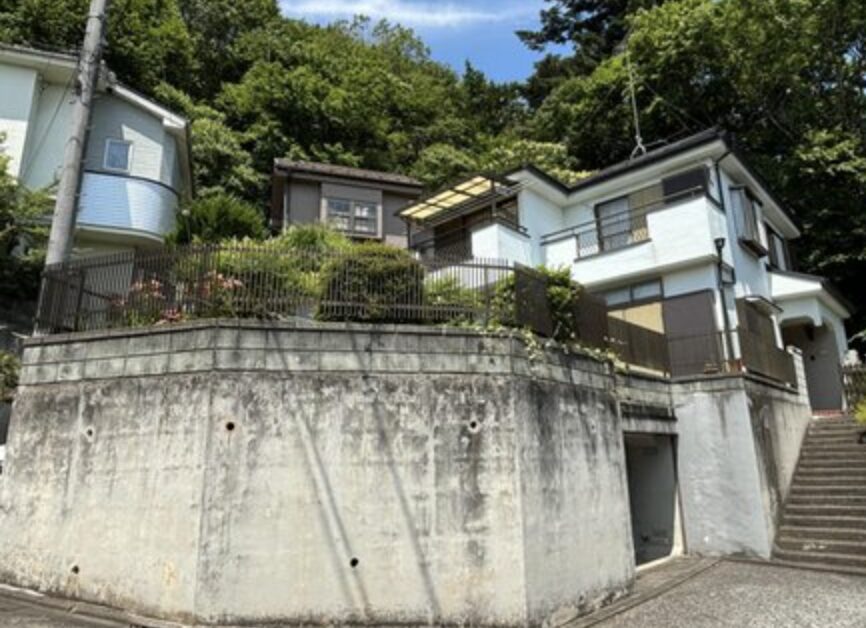
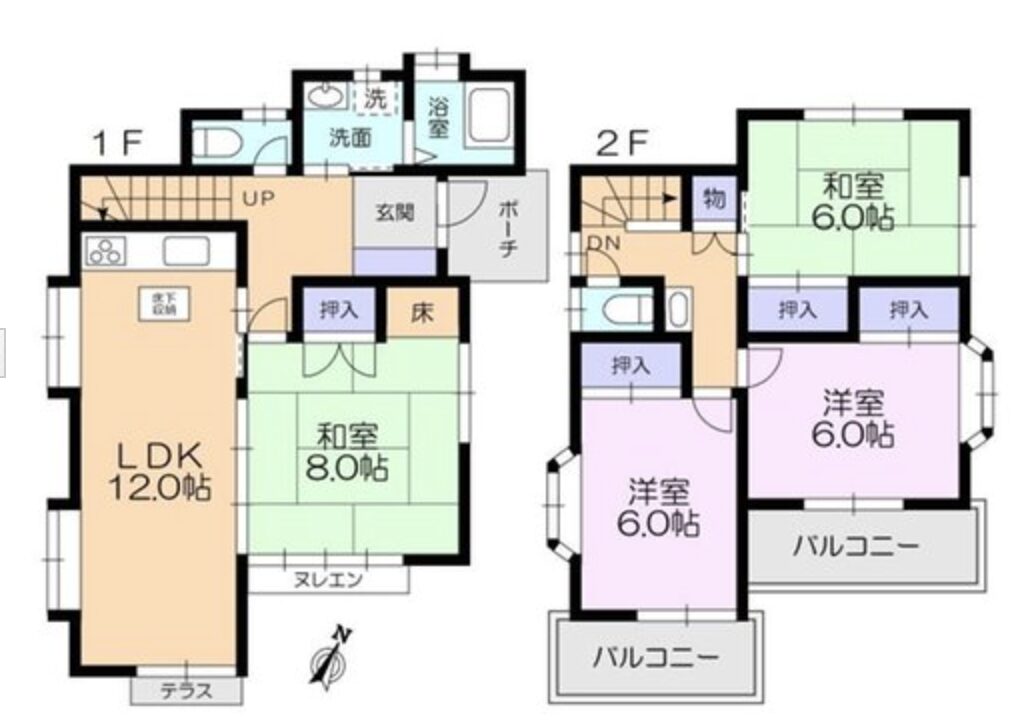
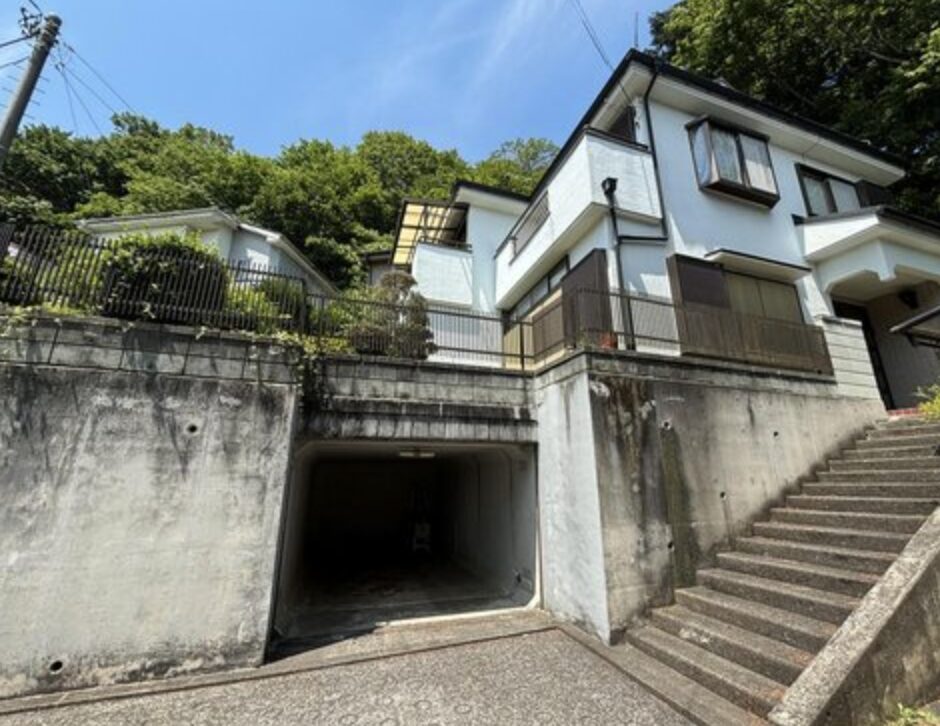
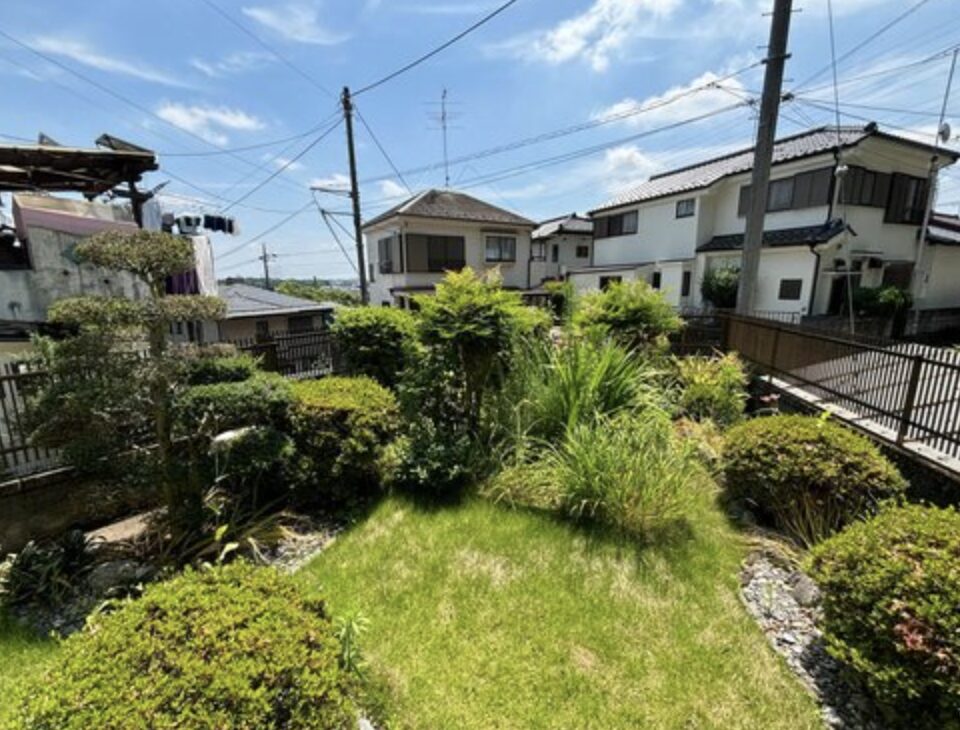
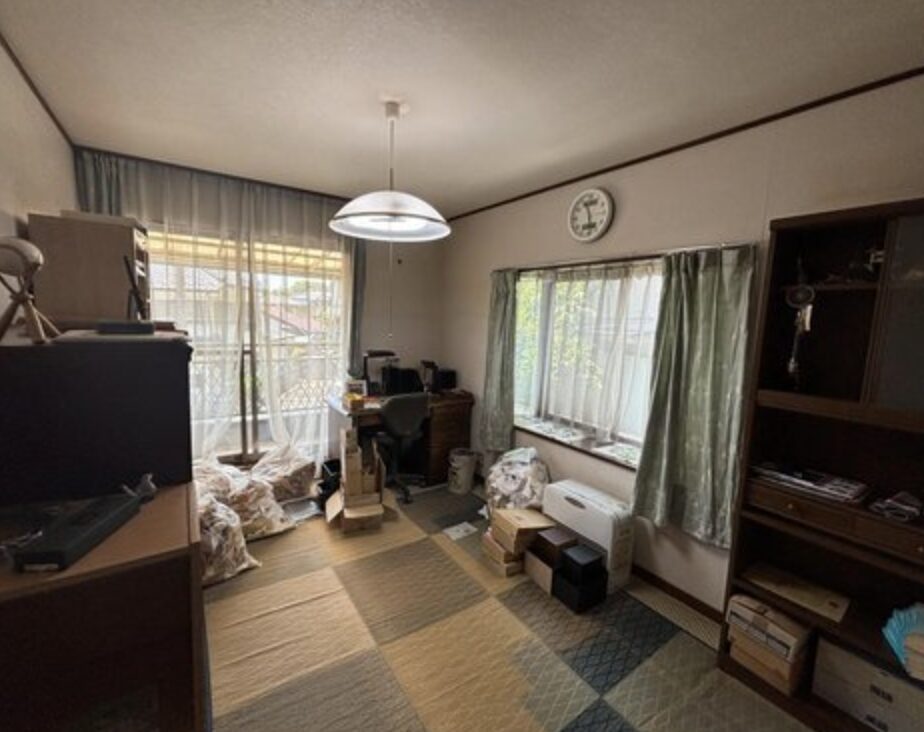
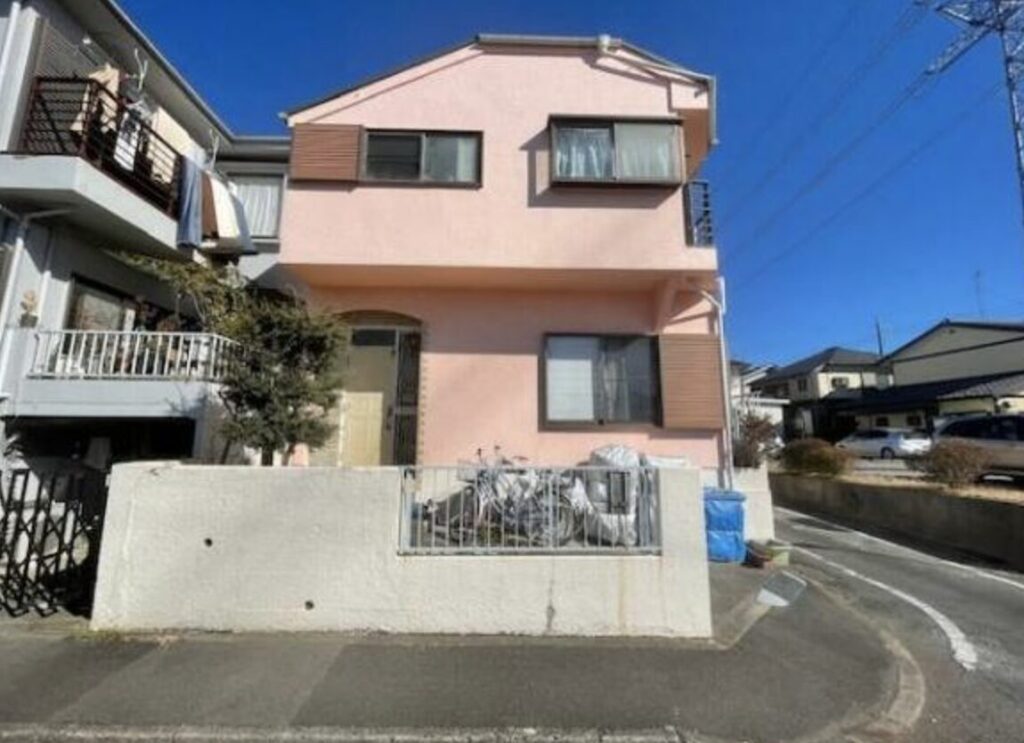
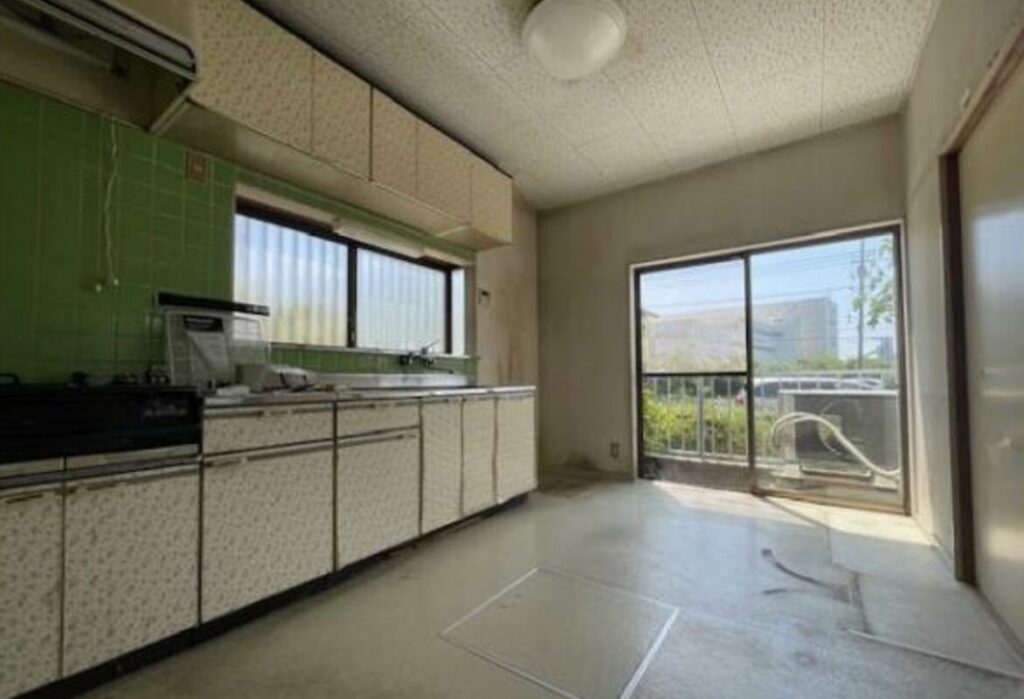
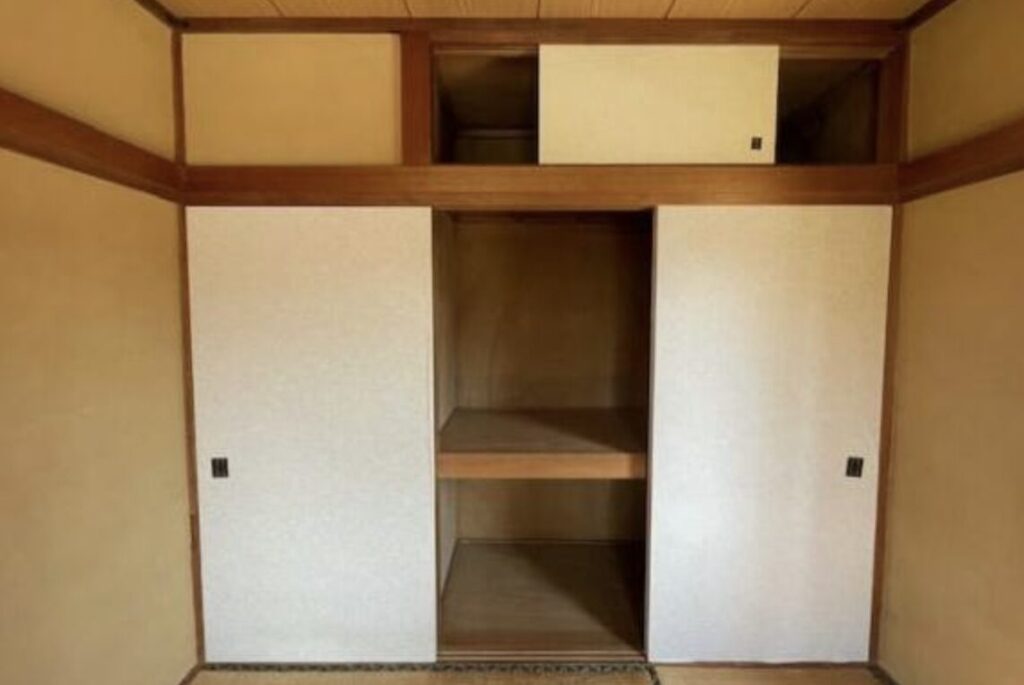
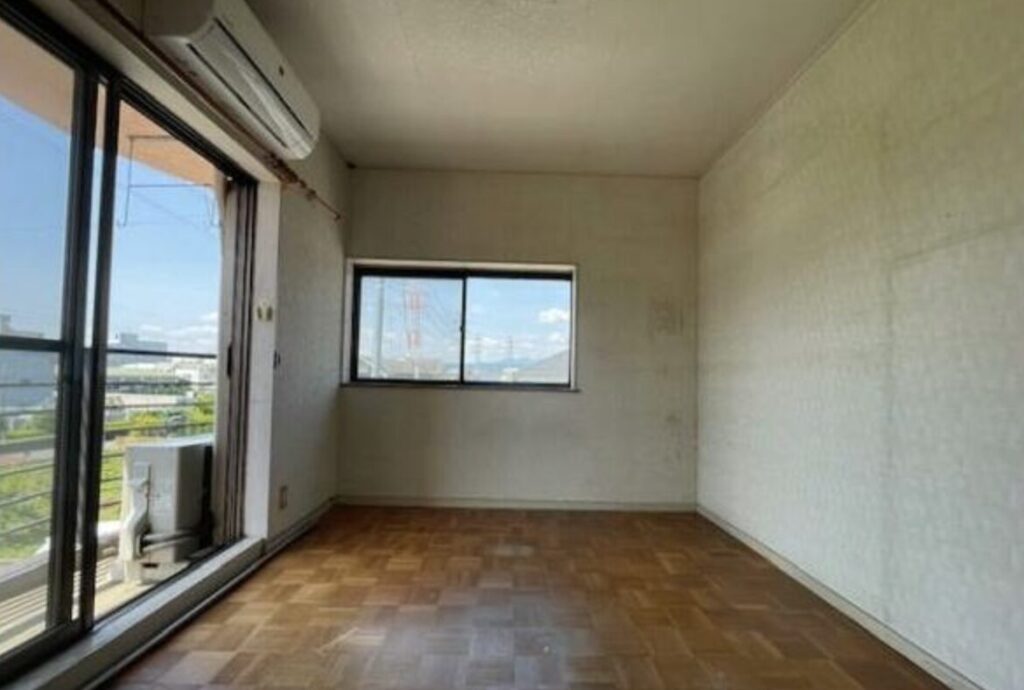
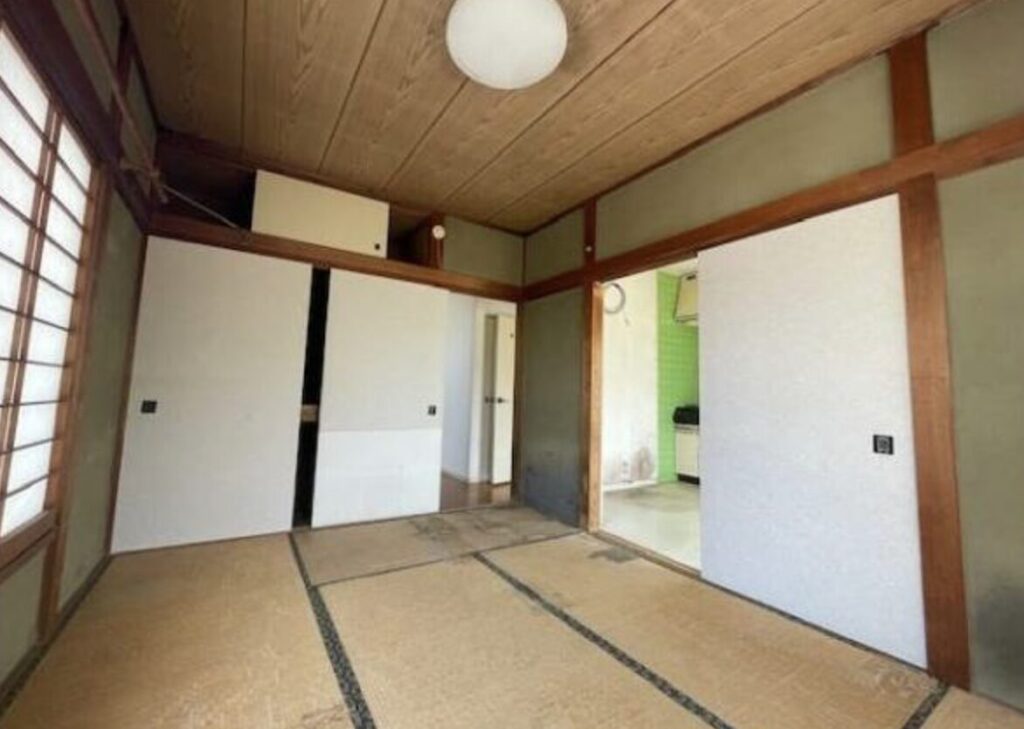
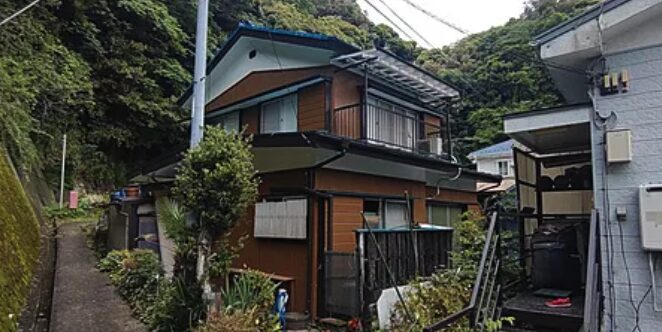
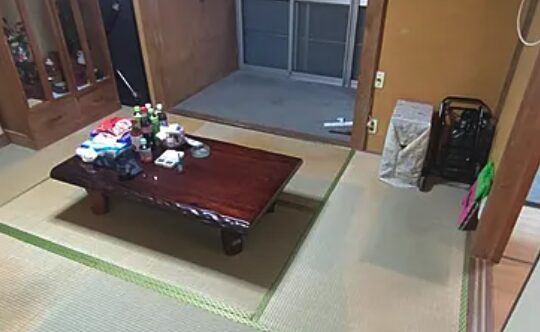
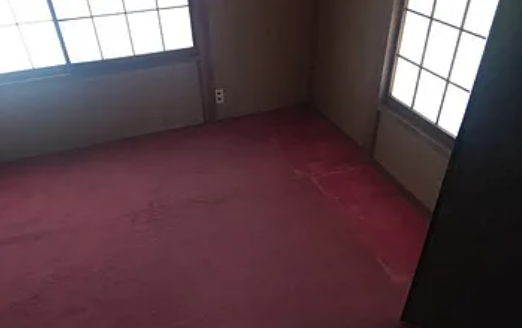
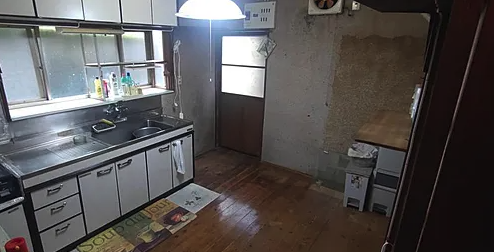
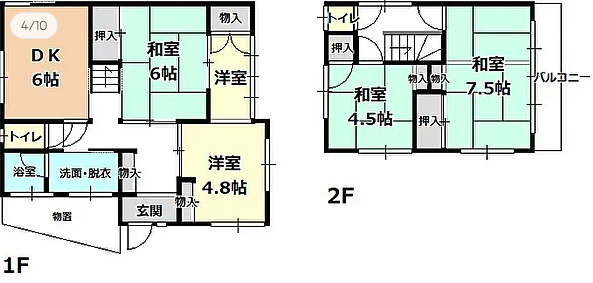
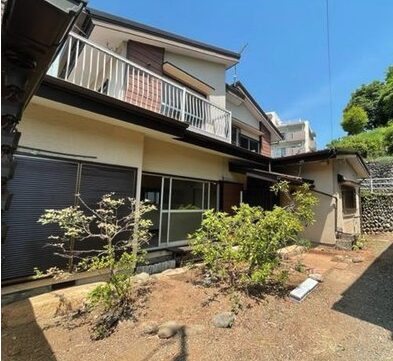
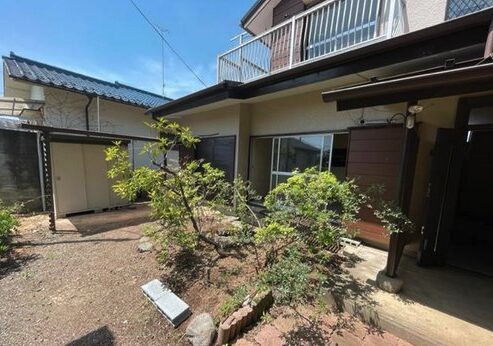
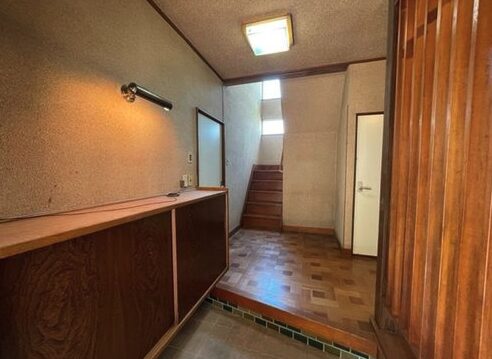
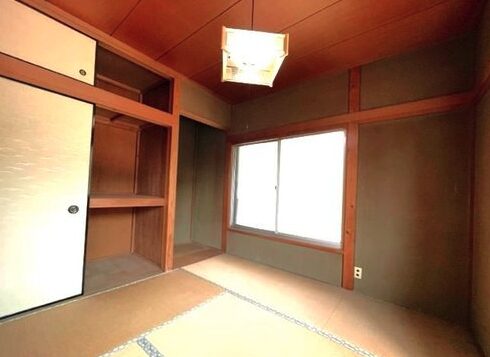

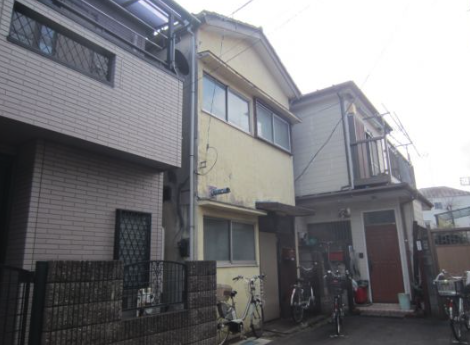
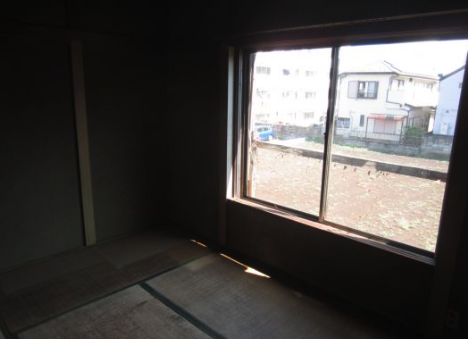
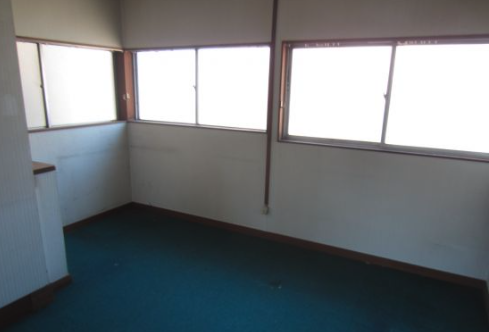
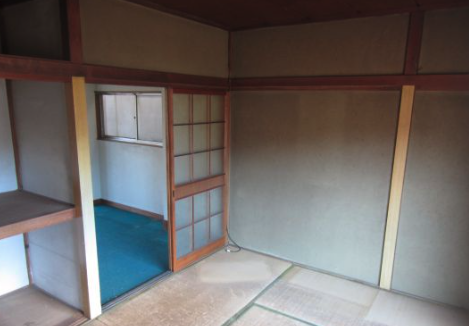
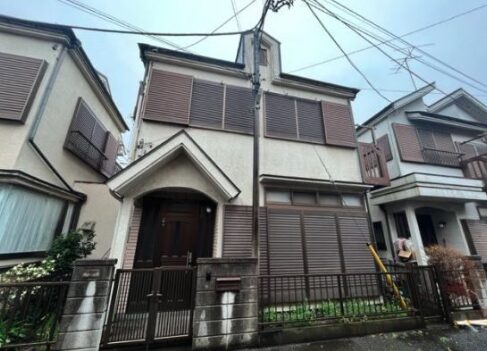
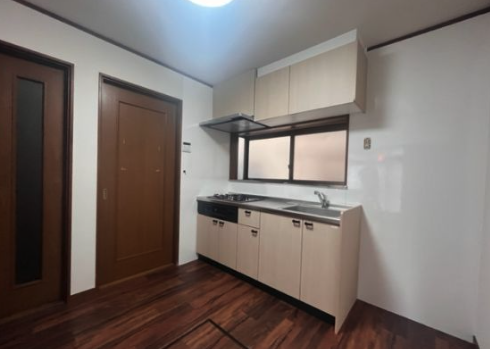
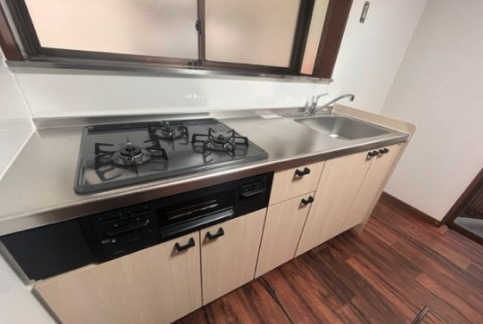
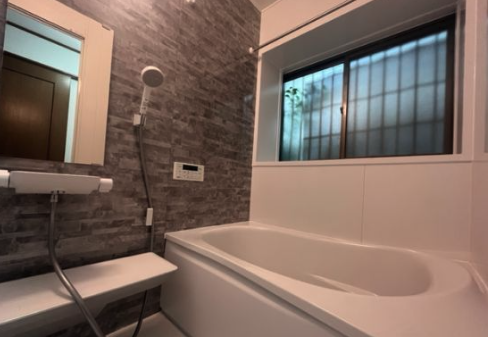
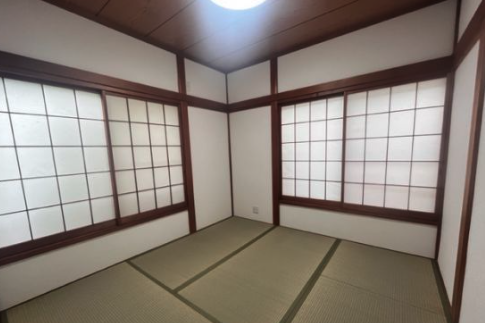
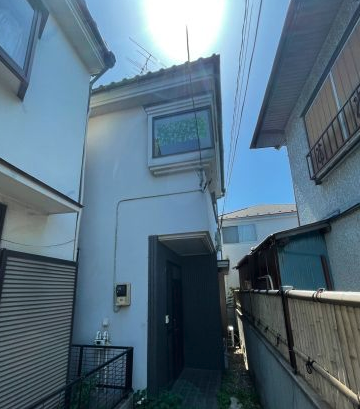
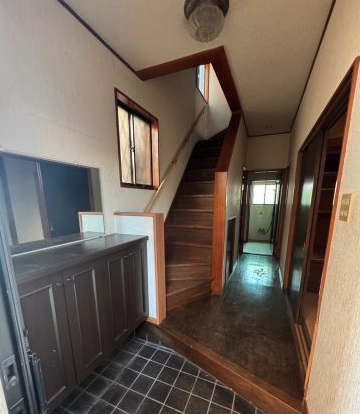
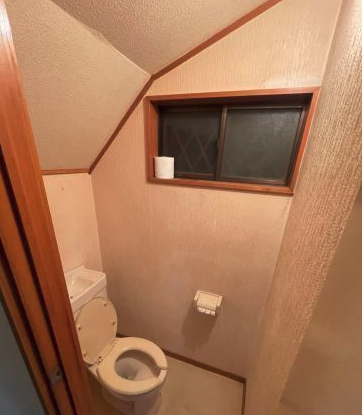
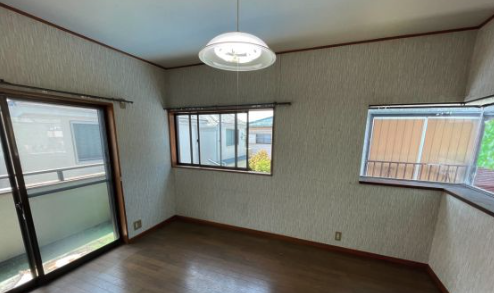
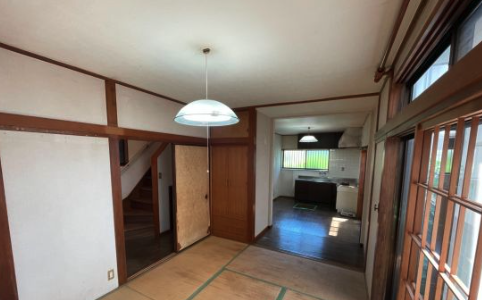
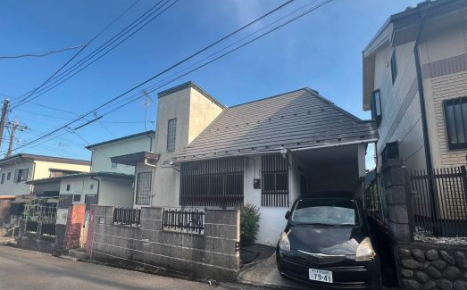
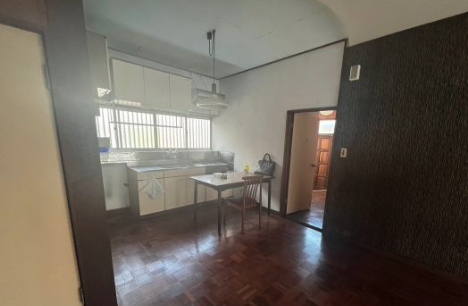
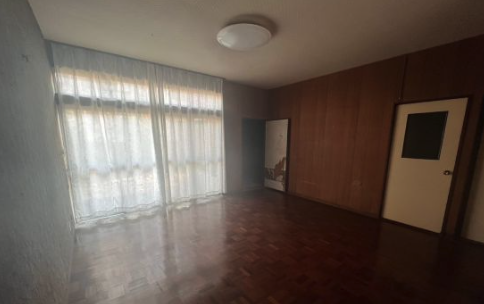
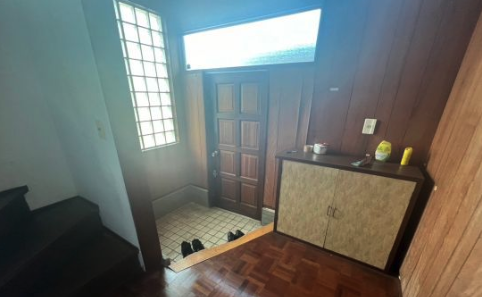
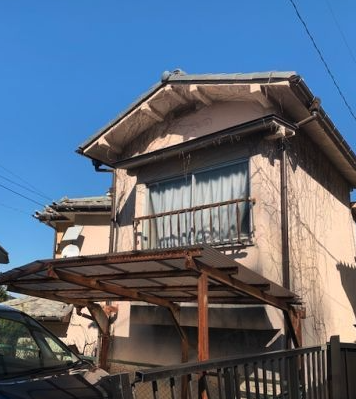
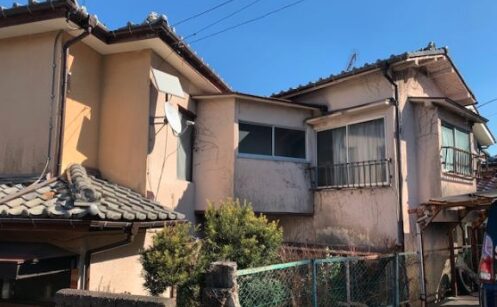
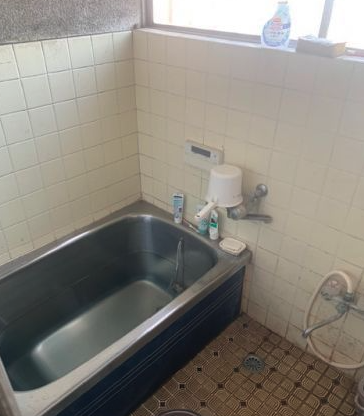
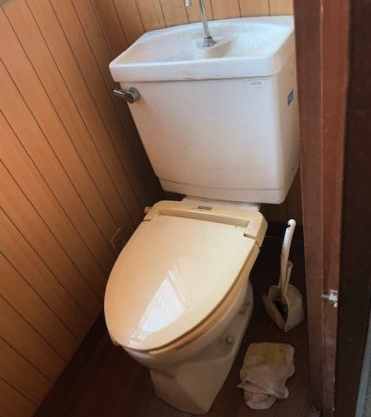
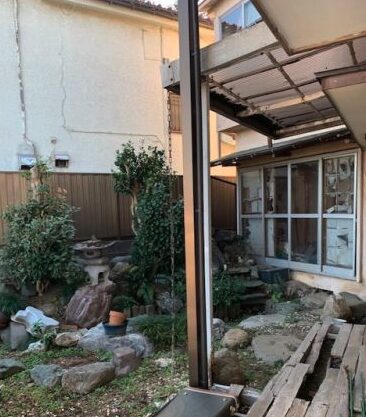
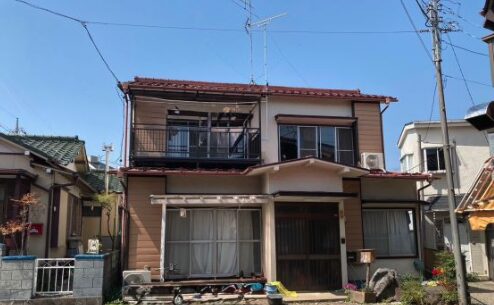
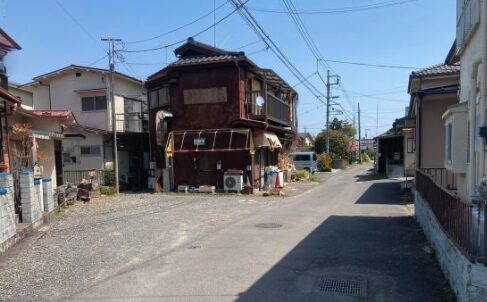
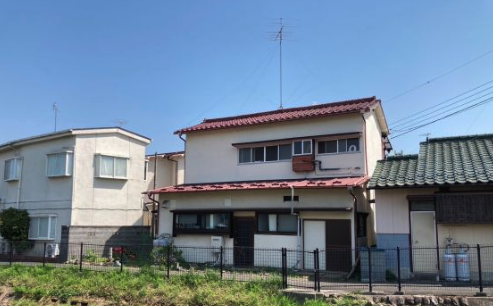
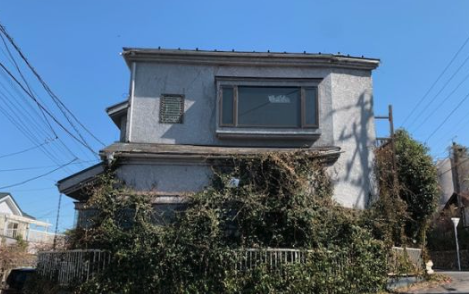
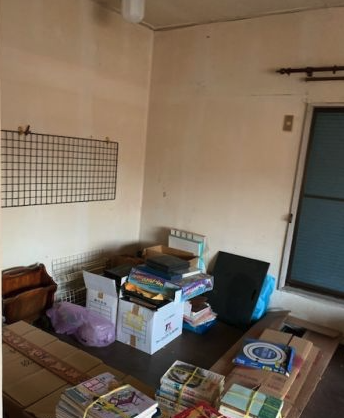
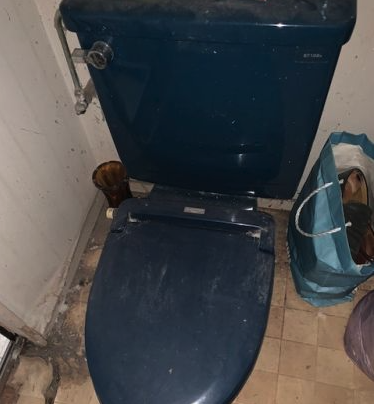
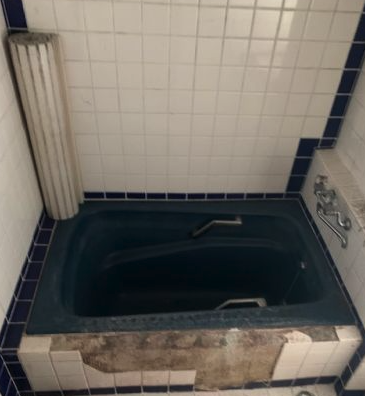
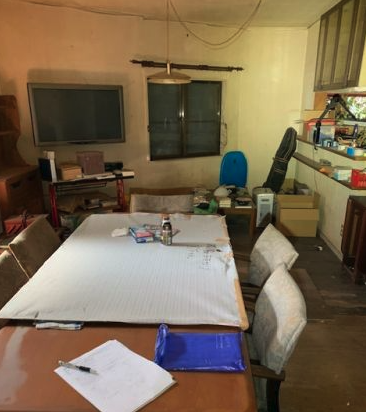
No comments yet.